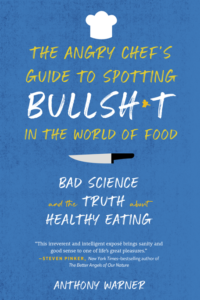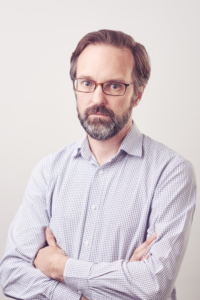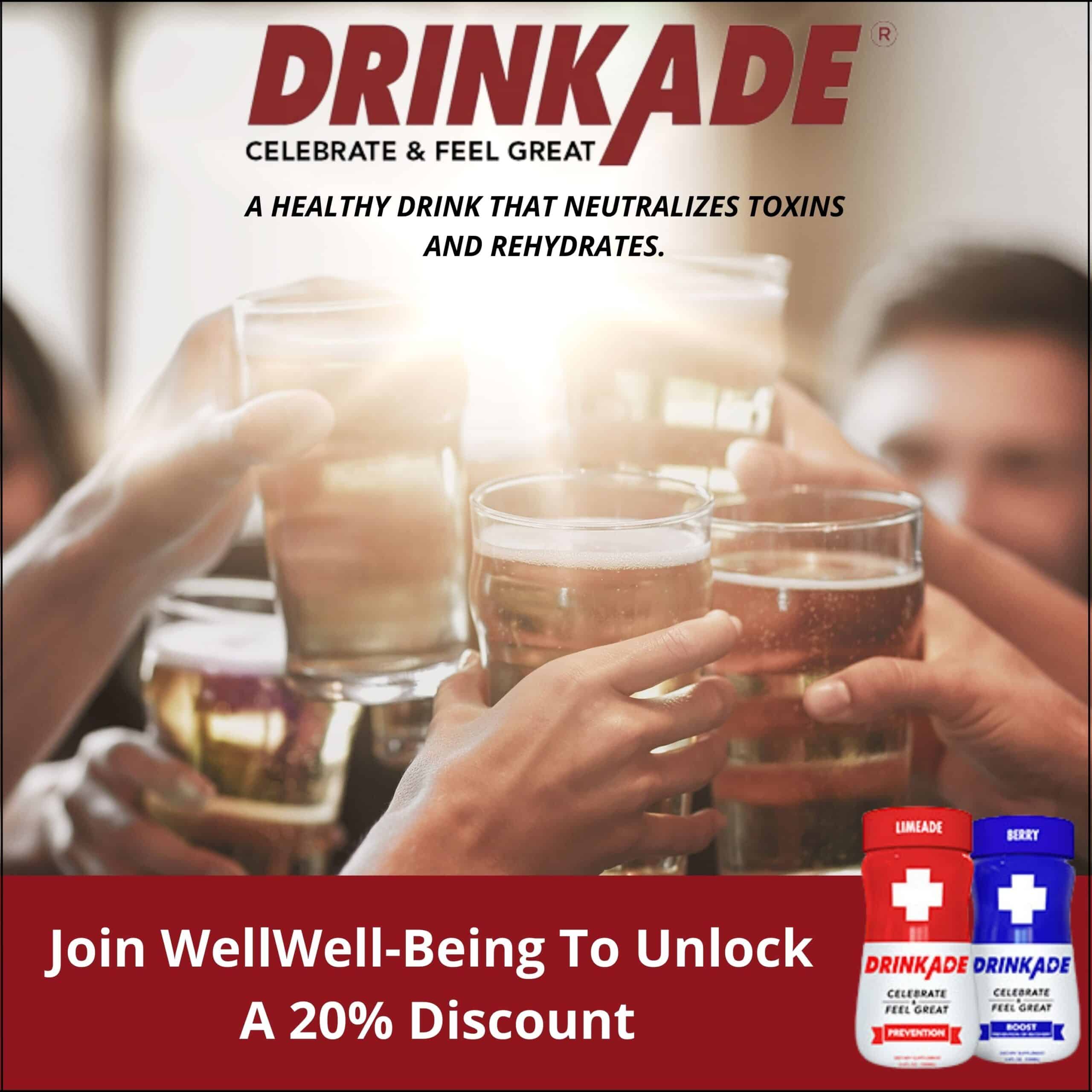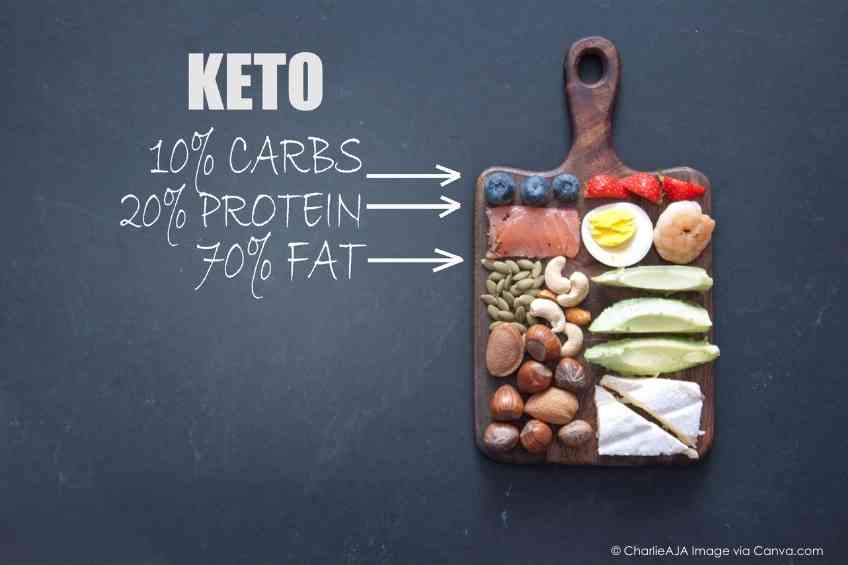It’s a never-ending stream of chaos, confusion and contradiction in the food trend trenches. Gluten is terrible then it’s necessary for most healthy diets. The Paleo diet is the most primitive and natural source of food consumption then it’s clearly outdated and lacks nutrients now known to support a healthy life. Fasting destroys the metabolism then it’s the most effective and vigorous weight loss technique. These constant shifts are not only frustrating and possibly harmful, but they are also infuriating. Just ask the Angry Chef, Anthony Warner. Since starting his blog The Angry Chef, Warner has written The Angry Chef: Bad Science and the Truth About Healthy Eating, The Angry Chef’s Guide to Spotting Bullsh*t in the World of Food: Bad Science and the Truth About Healthy Eating, and The Truth About Fat: Why Obesity is Not That Simple. His mission is to debunk popular food trends and nutritional advice that lack scientific evidence. This ill-tempered chef recently spoke with WellWell about the inherent issues with food faddism, the misinformation surrounding nutrition, where it all comes from and how to stop it.
Where does all the misinformation about food come from?
I think we’ve always had this idea of essentialism, that you are what you eat. But if you truly take on some of the properties of the foods you eat, it can be quite problematic with a lot of diets. This is especially true when people start talking about clean food and dirty food and talk about food in a very emotive sense.
What do you mean by that?
So you can be a vegan, you can be a carnivore, or you can be a low-carb diet but for a lot of people that pretty much sums up their entire identity and how they view themselves. Then issues can really start to develop when people begin taking on false beliefs because they become too inclined to believe certain things about their diet and by extension, themselves.
What are the dangers of these food myths?
One is the real extreme people claiming they can treat cancer, claiming they can cure autism, or claiming that they can cure all manner of serious diseases and usually, almost always, those seem to involve really restrictive diets, especially for cancer patients. To go on a really restrictive diet when you have such a serious illness is such a terrible idea for your chances of survival but that’s what most of these people are selling. Then there’s a whole spectrum and once you open the door to this stuff, once you start believing in this sort of, once you start rejecting the scientific consensus, you start rejecting science. It’ll then pretty quickly go to a place where you just don’t trust any expertise, you just don’t trust medical science and people just lose trust in science.
Do you think this is an issue that extends beyond the food industry?
Absolutely. There was a story recently that the UK has just lost its measles-free status because there are so many people refusing to get vaccinated against measles that it has come back into the country. I know the same thing is happening in many parts of the world. It’s not just related to food but it’s related to this rejection of science. It’s related to this sort of anti-expertise, anti-intellectualism and anti-evidence narrative that often starts with food because food is the place where most people engage with science. Food is that sort of touch point for science because we all eat and we’re all interested in food and how what we eat or don’t eat affects our health. Once people start rejecting that and start believing in this pseudoscience, it’s a very dangerous path.
Has anything been done to fight this in the food industry at the legal level?
In the UK, we have quite an old law called the Cancer Act. Anyone trying to treat cancer specifically is acting against law but I think it’s so ubiquitous now across all these bizarre false beliefs and naturopathic treatments that exist, it’s become very difficult to regulate. I’ve asked the Food Standards Agency over here and they’ve essentially told me that the number of companies making false health claims on products is astronomical. People say that food can remove toxins and detox your liver and treat various different conditions. It’s just so ubiquitous now that it’s become very hard to deal with.
How can we combat these fads?
Everybody has a phone in their pocket which has far more information than any lecturer, professor or teacher. We have this incredible access to information that we never really had before and I don’t think the education system has caught up entirely. Science is a process and now we have access to all this information. The important thing is learning how to navigate that world of information and learning how to spot good information and get our search engines to differentiate between the accurate and the deceptive. We need ways for them to push us into the right places, the more factually accurate places rather than the places that a lot of social media and search engines do now, which is pushing us towards the kind of stuff we’re already interested in and we’re inclined to believe, that can create these sort of social media bubbles and these information bubbles. I think really the first step is changing the educational system to suit the way we access information, that is the most important thing.
 About Anthony Warner
About Anthony Warner
Anthony Warner is a professional chef, blogger and author of The Truth About Fat and The Angry Chef, a Guardian Best Food Book of the Year and winner in the Health and Lifestyle category at the inaugural Hearst Big Book Awards. He writes regularly for publications including New Scientist, Men’s Health, The Sunday Times and the Daily Telegraph. He lives in Lincolnshire in the East of England with his wife and daughter.
https://angry-chef.com/
https://www.facebook.com/oneangrychef/
https://twitter.com/one_angry_chef












